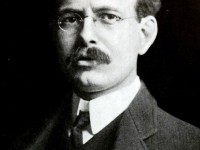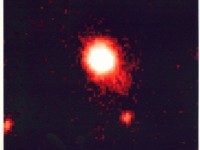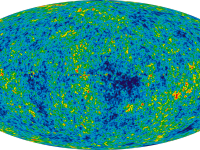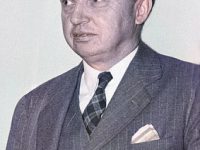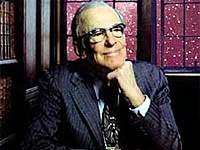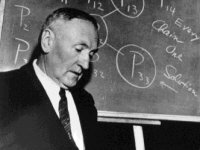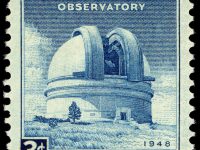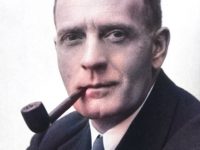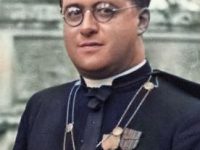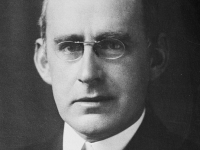George Ellery Hale – Large Telescopes and the Spectroheliograph
On June 29, 1868, American solar astronomer George Ellery Hale was born. He is best known for his discovery of magnetic fields in sunspots, and as the leader or key figure in the planning or construction of several world-leading telescopes, including the 200-inch Hale reflecting telescope at Palomar Observatory. Like buried treasures, the outposts of the universe have beckoned to the adventurous from immemorial times. Princes and potentates, political or industrial, equally…
Read more

